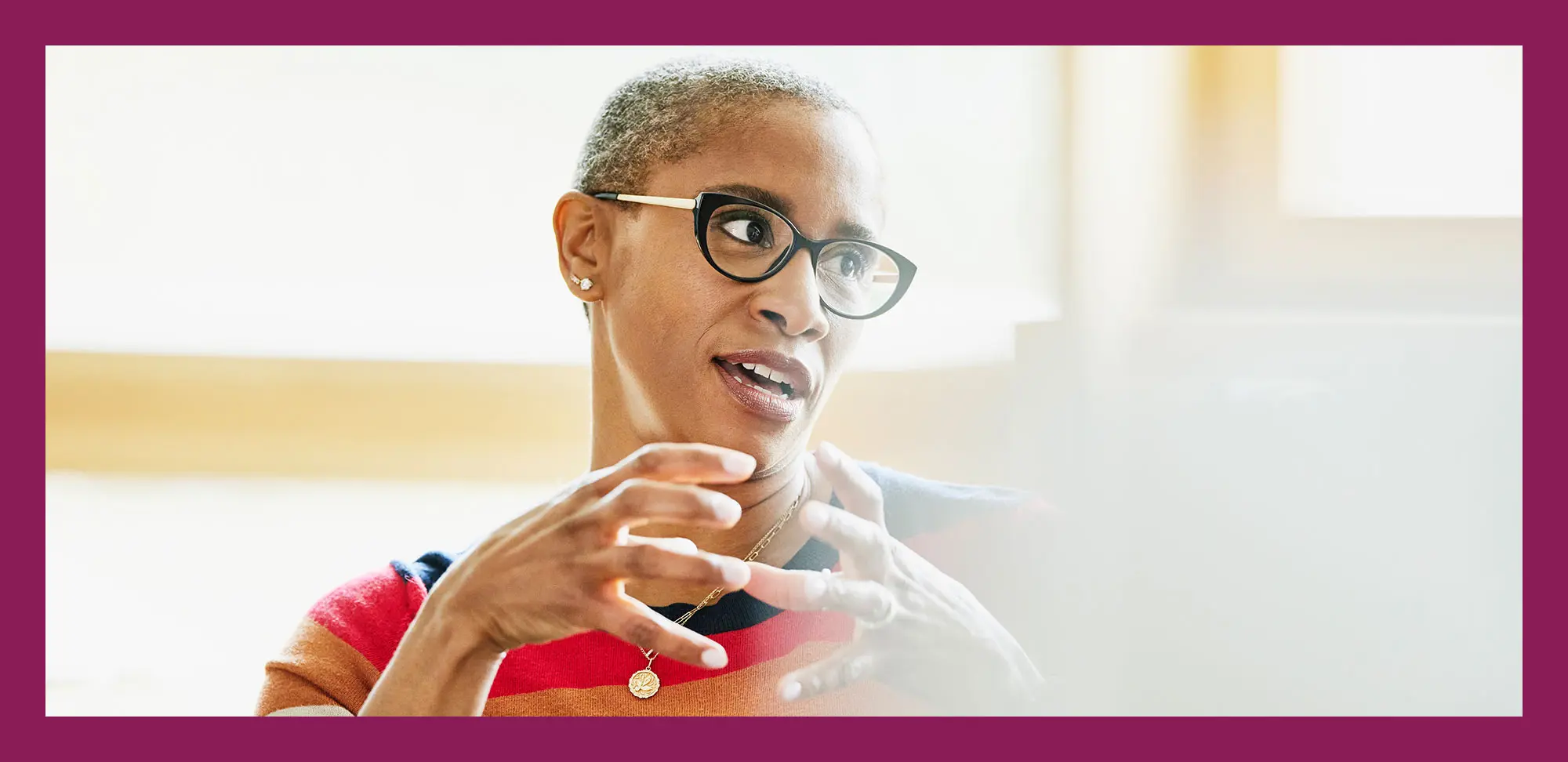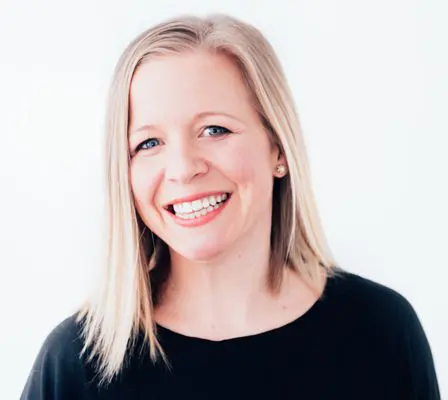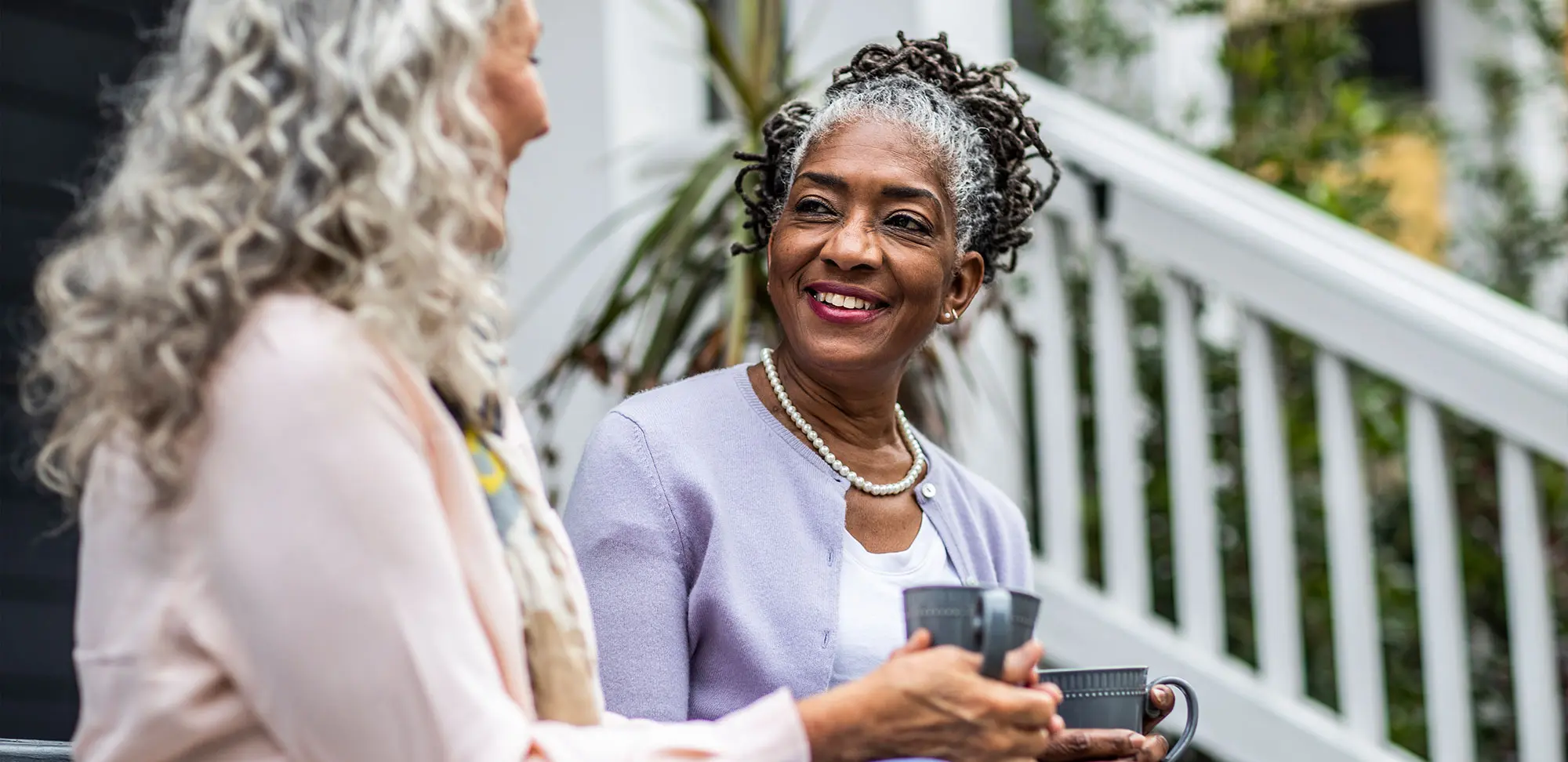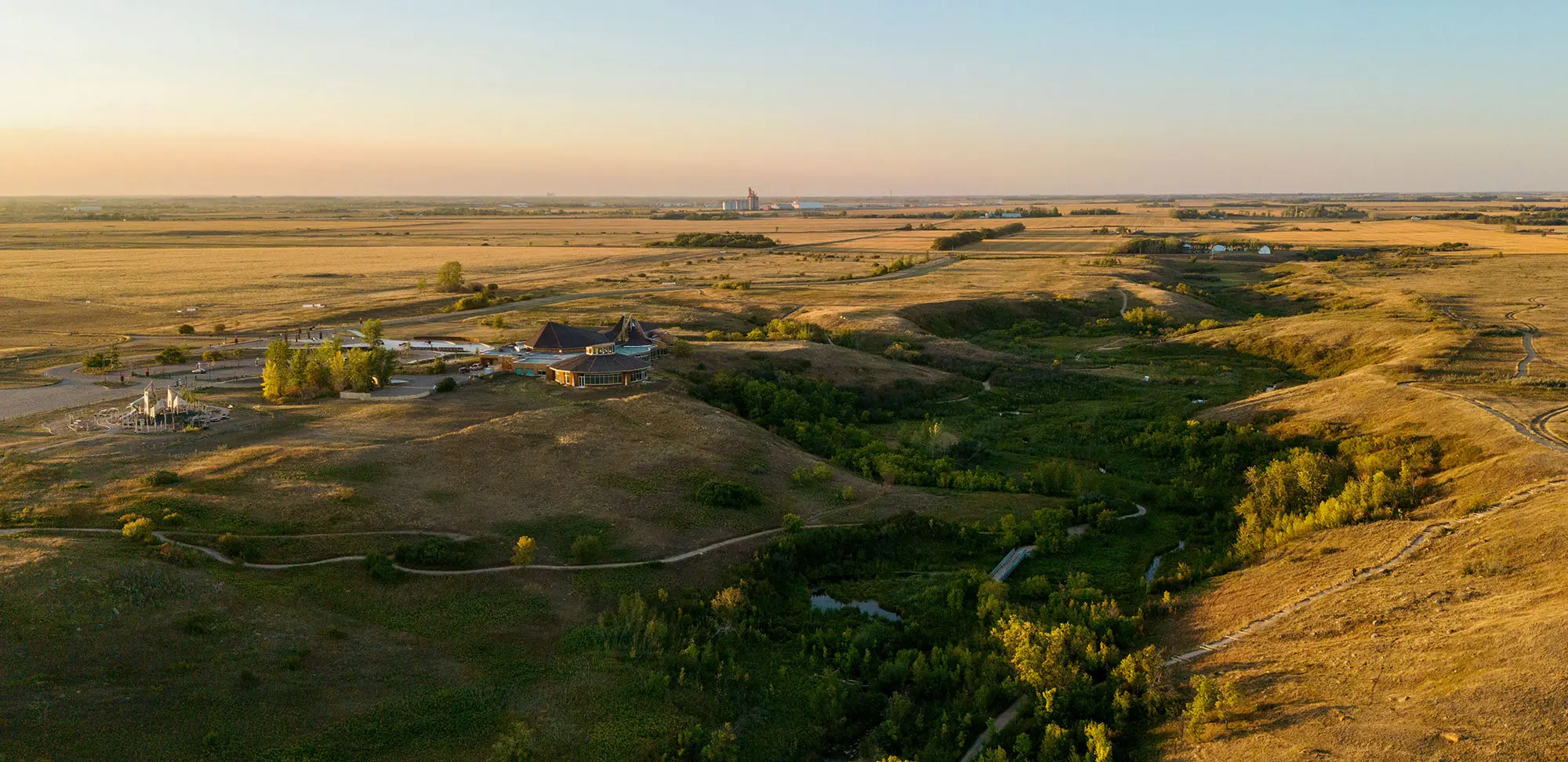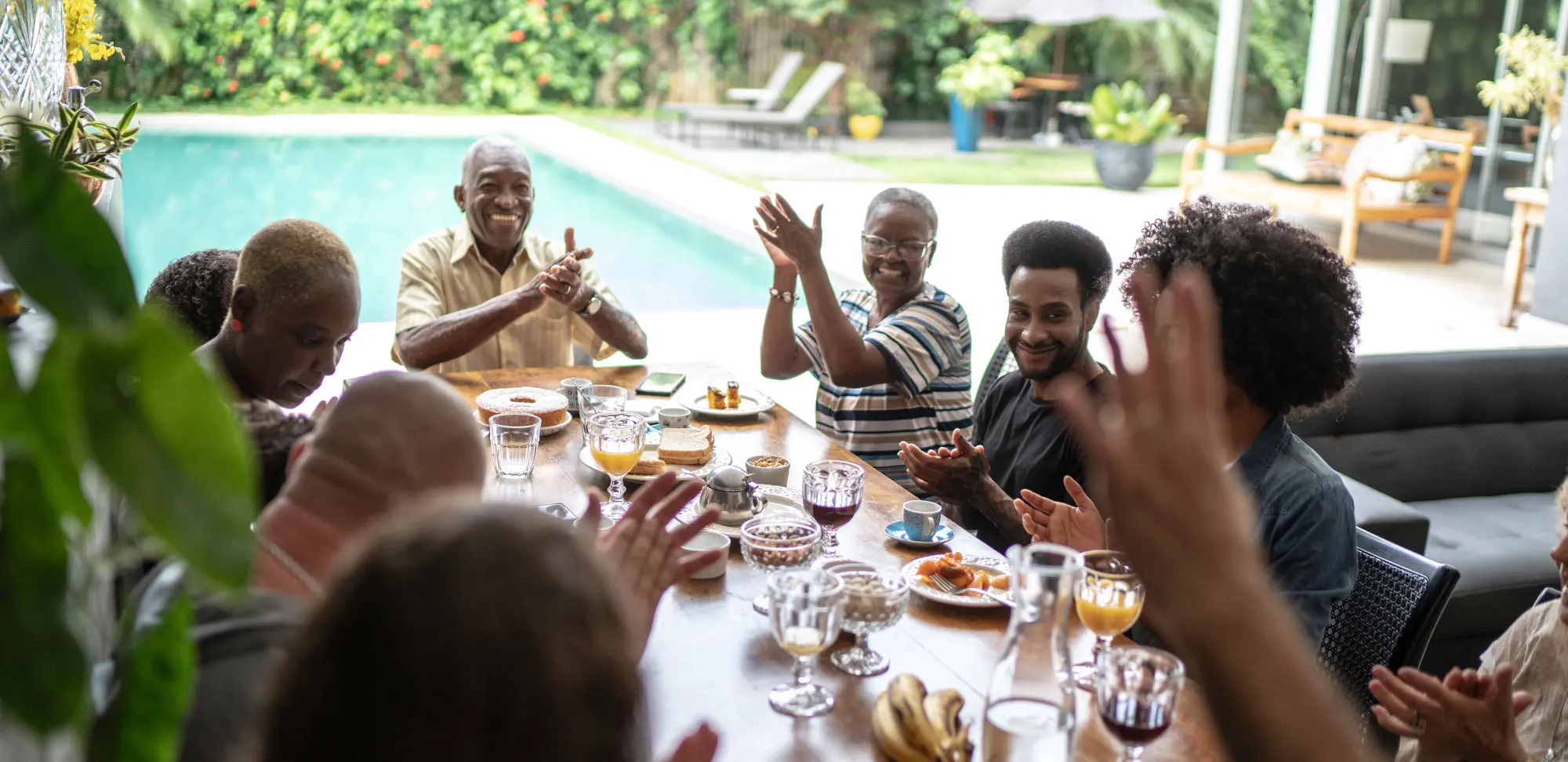Each summer, RTOERO funds early-career practitioners to participate in research-based summer placements at the National Institute on Ageing, part of a five-year, $100,000 commitment to the RTOERO-NIA Summer Internship Program.
You might remember Amanda Bull, a PhD student in social gerontology at McMaster University, who we featured in the spring 2024 issue. She had just completed her first RTOERO-NIA summer internship, and the article, “Home Safe Home,” highlighted her research for a policy brief on supporting 2SLGBTQIA+ individuals in long-term care homes.
This past summer, Bull returned to the NIA as an RTOERO Summer Scholar for a project in partnership with HelpAge Canada, focused on understanding the community-based senior service sector nationwide. Building on insights from her first summer scholarship, Bull viewed this placement as another opportunity to delve into the interconnected social, cultural and political dimensions of aging beyond her own developing research into workplace ageism.
Bull’s master’s research revealed a critical gap: Older adults’ voices are often missing from discussions on workplace ageism. “What I got from the work that I’ve done on ageism in the workplace is that there isn’t a lot of input from older adults,” she says. “So, I want to privilege their lived experience and generate an idea of what older workers want out of their organizational anti-ageism policies and practices.”
The 2023 NIA Ageing in Canada Survey found that about one-third of Canadians 50 and older have experienced discrimination or unfair treatment because of their age at some point in their lives. However, when asked about everyday ageist experiences, the number jumps to more than 70 per cent.
Ageism in the workplace can be tricky to navigate, especially when it’s the less overt, everyday sort of put-downs, also called microaggressions, such as ageist jokes, comments and assumptions of ability or value. “Ageism in the workplace, and ageism in general, is often implicit,” Bull explains. “So when you ask someone, ‘Did you approach a manager about it or tell someone about it?’ people often respond with, ‘Well, no, because it’s hard to prove’ or ‘I felt it, but I couldn’t really demonstrate it with hard facts and evidence.’”
”What I got from the work that I’ve done on ageism in the workplace is that there isn’t a lot of input from older adults.” — Amanda Bull
How many times have you heard “You’re so old” said in a way to suggest that being “old” is somehow sad or unfortunate? Perhaps someone has implied that you can’t learn a new technology or skill because of your age. Ageist perspectives are normalized in our society and culture, which means bias can go unchecked without intentional efforts to prevent it. Take hiring: Not everyone buys into the idea of traditional “retirement,” but many struggle to get hired beyond a certain age, losing out to younger candidates. “They’re in this grey area where they’re unemployed; they want to work but can’t find a job. They’re being called retired, but they don’t want to be,” Bull says.
Undervaluing older workers is shortsighted for many reasons. Because of the aging population, there’s an anticipated skill shortage on the horizon. Organizations that don’t embrace an older workforce risk the loss of knowledge, skills and experience; lower efficiency; and higher training costs. But while it’s easy to make the business case to support older workers, there are also human rights to consider.
“Not only do we have more adults than ever who are healthier and want to work, but to be frank, we’re also living in an economy where many can’t afford to retire,” Bull points out. With poverty and shelter use among seniors rising nationally, we know that social safety nets are failing the current generation of older adults. Access to work, for some, is about survival.
No older adult should be trapped in an employment situation that is detrimental to their health. And older adults should be able to continue to work if they choose, free from discrimination. That future is possible, but it won’t happen without organizations like RTOERO and the NIA, researchers like Bull, and people like you pushing for progress.
If you’re part of a workplace, find out what is happening to address ageism in all its forms, and speak up if needed. Share this article. And keep an eye on Bull’s work – she’s determined to create change.
